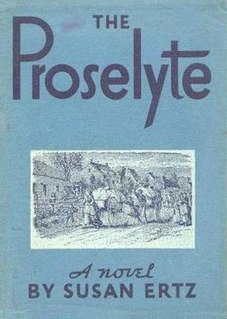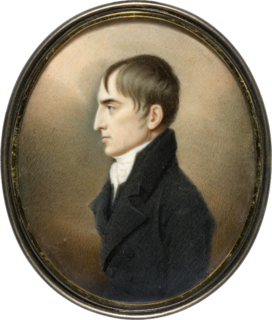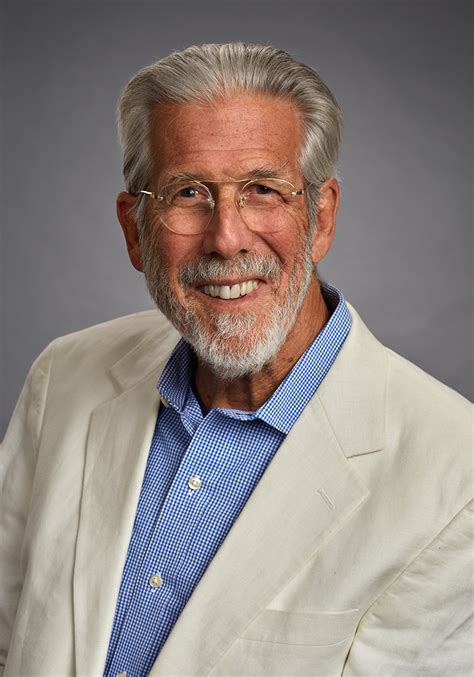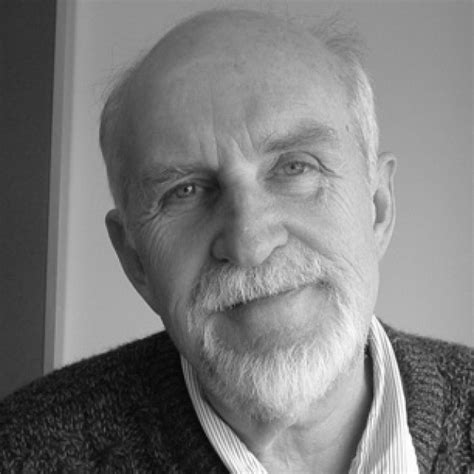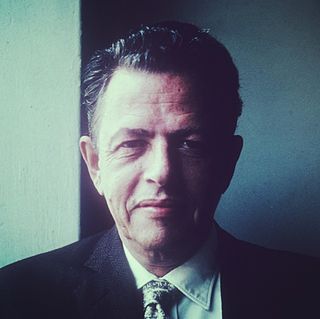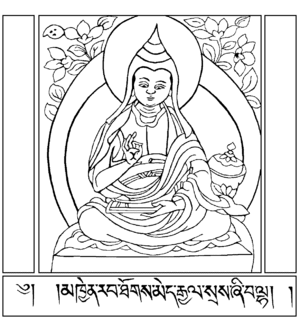A Quote by Susan Ertz
Laura Alicia Deverell was born on May 10th, 1862, at precisely a quarter past one o'clock on a Thursday morning. Those interested in that pseudo-science astrology or astromancy may trace her life and character, if they wish, among the stars, where no doubt it is all written.
Related Quotes
Astrology is a science in itself and contains an illuminating body of knowledge. It taught me many things and I am greatly indebted to it. Geophysical evidence reveals the power of the stars and the planets in relation to the terrestrial. In turn, astrology reinforces this power to some extent. This is why astrology is like a life-giving elixir to mankind.
He is not famous. It may be that he never will be. It may be that when his life at last comes to an end he will leave no more trace of his sojourn on earth than a stone thrown into a river leaves on the surface of the water. But it may be that the way of life that he has chosen for himself and the peculiar strength and sweetness of his character may have an ever-growing influence over his fellow men so that, long after his death perhaps, it may be realized that there lived in this age a very remarkable creature.
She put her hand on her chest. “I have magic yet. If you will set the clock working again, then I must be still. I have read quite as many stories as you, September. More, no doubt. And I know a secret you do not: I am not the villain. I am no dark lord. I am the princess in this tale. I am the maiden, with her kingdom stolen away. And how may a princess remain safe and protected through centuries, no matter who may assail her? She sleeps. For a hundred years, for a thousand. Until her enemies have all perished and the sun rises over her perfect, innocent face once more.
I'm very proud to say I only took one course in economics in college, and it was on Saturday morning - Tuesday, Thursday and Saturday at 8 o'clock. Now I don't know what your college experience was like, but I'll tell ya, on Saturday morning at 8 o'clock, the last thing I wanted to do was go to economics class.
A book no more contains reality than a clock contains time. A book may measure so-called reality as a clock measures so-called time; a book may create an illusion of reality as a clock creates an illusion of time; a book may be real, just as a clock is real (both more real, perhaps, than those ideas to which they allude); but let's not kid ourselves - all a clock contains is wheels and springs and all a book contains is sentences.
The Genealogical Science is a wonderful account of how old-fashioned race science has come to be re-defined by resort to the most recent developments in genetics. But this book is not simply another story of the ideological uses to which science may be put. Nadia Abu El-Haj has provided the reader with a very detailed analysis of the historical entanglement between science and politics. Her study should be required reading for anyone interested in the sociology of science-and also for those dealing with Middle Eastern nationalisms. This is a work of outstanding value for scholarship.
But we were born of risen apes, not fallen angels, and the apes were armed killers besides. And so what shall we wonder at? Our murders and massacres and missiles, and our irreconcilable regiments? Or our treaties whatever they may be worth; our symphonies however seldom they may be played; our peaceful acres, however frequently they may be converted into battlefields; our dreams however rarely they may be accomplished. The miracle of man is not how far he has sunk but how magnificently he has risen. We are known among the stars by our poems, not our corpses.
Astrology is knocking at the gates of our universities: A Tübingen professor has switched over to astrology and a course on astrology was given at Cardiff University last year. Astrology is not mere superstition but contains some psychological facts (like theosophy) which are of considerable importance. Astrology has actually nothing to do with the stars but is the 5000-year-old psychology of antiquity and the Middle Ages.
